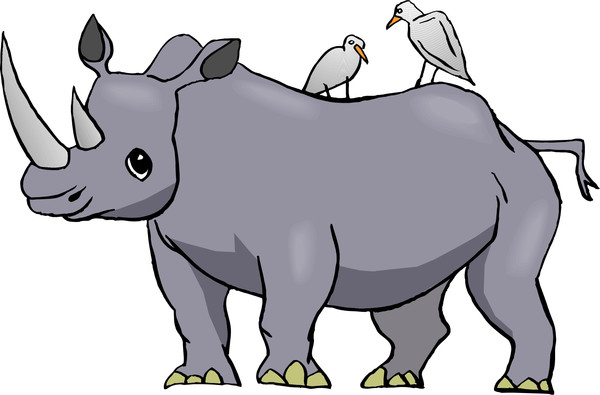JONK (Joy of Not Knowing)
We value the importance of having the right attitude and mindset for our learning.
Based on the work of psychologist Carol Dweck, we encourage our children to have a 'Growth Mindset', to help them embrace challenges and learn from setbacks, understanding that the more effort and practice they put in the better they will get. A fixed mindset leads us to believe our basic skills and qualities are more or less set from birth and there is not a lot we can do about it.
At our school we want to encourage everyone to have a growth mindset, believing that most things can be achieved through hard work, listening to support, practice, and by not giving up when faced with a challenge.
People with growth mindsets know that some people may be particularly talented at certain things but recognise this as just a starting point; even these people need to work hard to improve their talent. To facilitate this we use JONK which stands for The Joy of Not Knowing.
The philosophy behind JONK is that it is ok not to know something, but it's not ok to not try. We explore what strategies we can use to help us move our learning on.
We have 7 characters to remind us of our positive learning behaviours. We refer to these in lessons when we are finding things difficult.
Barry Beaver reminds us to be resourceful.
Roger Rhino helps us be resilient.
Olive Owl teaches us how to reflect on our learning.
Andy Ant shows us how we should work as a team.
Sally Spider models how to be creative with out thinking.
Maisy Meerkat guides us on how to be curious.
Being resilient, like Roger Rhino, is about not giving up, learners can….
- get lost in learning – I can be on task and get completely absorbed in my learning
- manage distractions – I can shut out distractions when I’m learning
- persevere – I can stick with my learning, even when I find it hard
- be creative – I can think in creative ways and use them to further my learning
Being resourceful, like Barry Beaver, is about looking for other ideas.
Learners can….
- question – I can ask questions to help me with my learning
- investigate – I can explore in different ways
- make connections – I can make connections with what I already know
- visualise – I can create a picture in my mind
Being reflective, like Olive Owl, is about thinking what to do and how to improve.
Learners can….
- plan – I can organise myself for my learning and get on independently
- be curious – I can find interest in what I’m learning and want to know more
- reason – I can give reasons for my thinking and work systematically
- reflect and evaluate – I can reflect and then recognise the next steps for my learning
Being reciprocal, like Andy Ant, is about working alone or in a group.
Learners can….
- be self reliant – I can recognise when to learn independently and collaboratively
- be a team player – I can work well as part of a team
- empathise– I can see things from the viewpoint of others
- piggy back ideas – I can learn from those around me
How can you support this at home?
We specifically plan for learning in the classroom and frequently talk about the learning process and seize on real-life situations as prompts to discuss learning-power skills. We also model learning ourselves. We share our own difficulties, frustrations and triumphs in learning. We admit we don’t know the answers to some of the questions asked of them and pursue new knowledge alongside our pupils. We display being an active learner. We model how to respond to others doing things well and how to use mistakes as a springboard for new learning.
Having a growth mindset helps pupils to achieve more because they have resilience, value practice and are not afraid of a challenge.



